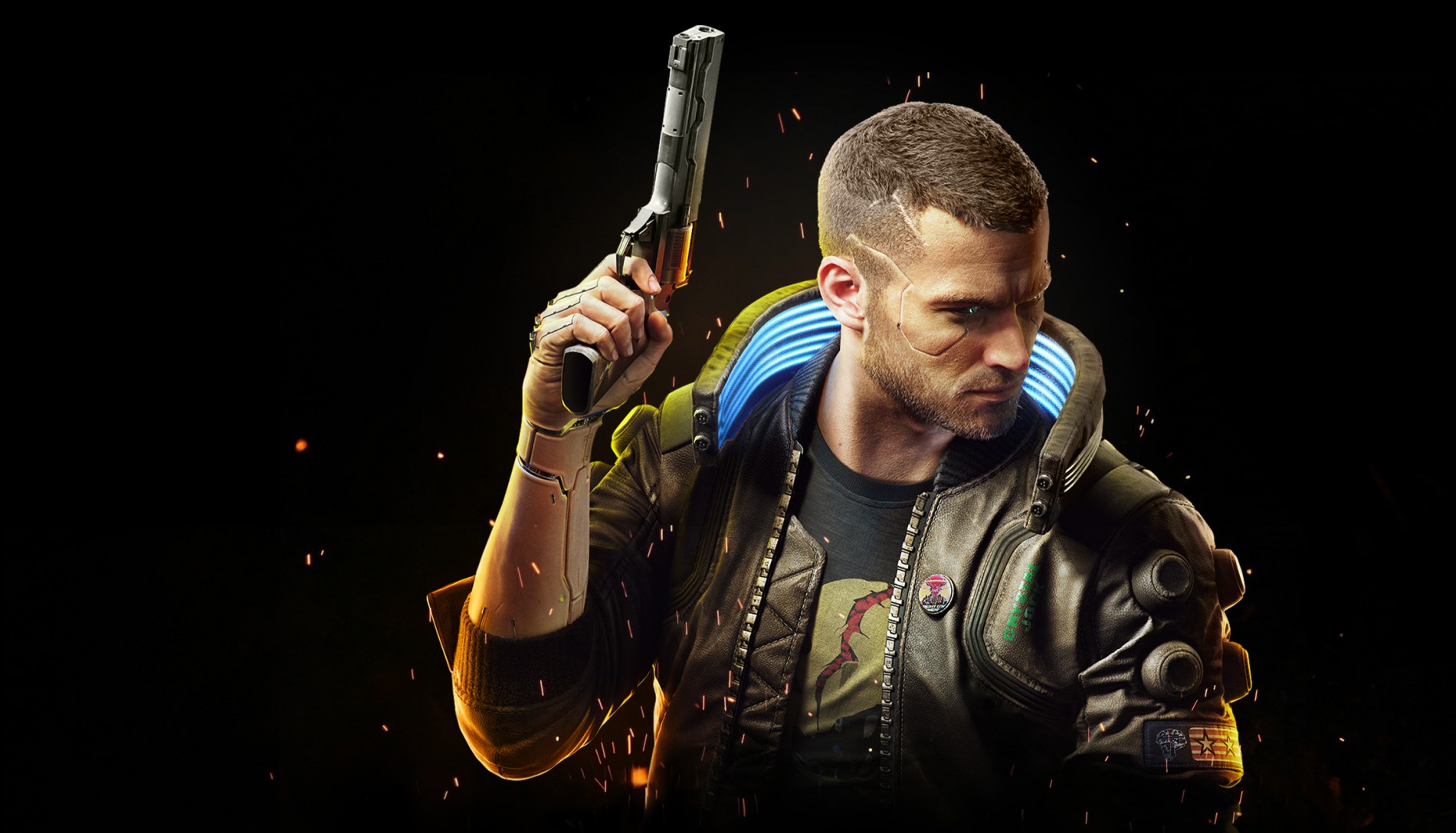
Pixel Mafia on future-proofing the Filipino game development industry
By Tricia Quintero
June 18, 2021
In 2020, despite the pandemic severely impacting industries like retail, travel, hospitality, and leisure, the gaming industry displayed incredible resilience with a 5% growth, becoming an industry that is worth $159 billion. It is predicted that this business trend will keep up for the years to come.
Locally, we are also seeing a steady rise in game development agencies putting up shop, creating a healthy ecosystem for a local gaming industry. While there’s still a long way to go before the Philippines acquires a sizable chunk of the global pie, our local industry is showing incredible potential as a segment of the Philippines’ growing creative services.
One of the agencies paving that way is Pixel Mafia. Pixel Mafia is a Philippine-based art services company focused on creating production art for Triple-A video games and mobile games while dabbling in movie and television content. It was established in 2017 by Coby Chan and Walter de Torres who both decided to quit their jobs at Microsoft and move back to the Philippines upon seeing the untapped potential of Filipino talent.
Four years after its establishment, Pixel Mafia has carved out their reputation in the game development industry through their work in games like Gears 5, Sims, Cyberpunk 2077, Godfall, and Halo: Infinite. We spoke to Coby Chan, co-founder of Pixel Mafia, on how they carved their footing in game development and what they think is in store for the local industry’s bright future.
When you first established Pixel Mafia, the local game development industry was still in its infancy. What do you think is the current state now?
There is certainly growth in the country with regards to video game development and new studios popping up. However, we are still in those early stages. It’s an upward battle with getting talent directly from new graduates. We’re certainly not putting down the school system for game development. However, the reality is we rarely hire people directly out of school due to the high expectations we have in our company and the level of skill needed. This is something we’re looking to assist with and we know [we] will eventually get there with time. Once that happens, we’ll see serious growth.
There’s no doubt in our minds the Philippines can become a primary digital entertainment hub in the world. We have grown three times the size since 2017 and we’re still growing. On top of that, we’re seeing studios pop up in the country, and that’s exciting for our industry. Although we believe the industry is still in its infant stages, we know we’ll get there eventually.
Can you describe that growth on both a local and international lens?
Locally, we’re seeing a domino effect with regards to shared projects within the country. Sometimes, projects are so big that game developers will work with one company in the Philippines then search for another service provider in the area. We see this as a win-win situation. It’s more work for everyone. On an international level, we are definitely getting more attention now than ever. We believe the Philippines is gaining [traction] on the world stage whereas a few years back, many people in the industry didn’t know there were developers here.
Do you think there’s already a proper economy to sustain and develop the industry?
Definitely. There’s so much work out there for everyone right now. It’s more an issue of the lack of expertise and making sure we’re giving proper training to people for a specialized skill set in the industry. Remember, most companies are not looking for people that can do everything. We and many others are looking for people that are really good at doing specific things. This is what needs to change.
What “edge” do you think Filipino artists and designers have?
Simply put—it’s the culture. Filipino’s have influences from all over the world. There is a big influence from North America, Asia, and Europe. It’s a melting pot of cultural understanding. Unlike other countries in Southeast Asia, it’s only here you can hear someone talk about Japanese anime then transition to a Quentin Tarantino film. Filipinos just get it and it’s a huge edge for us. This made us diverse in the types of projects we work on because the skill sets allow us to work in different genres and styles.
You mentioned that Pixel Mafia is not just a supplier of services, but you serve as partners. How does Pixel Mafia achieve this?
It takes time, but we’ve been able to prove that we can be trusted by our clients. In most cases, art service studios come in later in the production cycle once art direction and design are already figured out. In these scenarios, the tasks are usually to execute set expectations. However, in many of the projects we engage in, we are working in the early stages by helping partners develop designs, solving workflow issues, and helping with the overall content creation pipeline. We really do think this sets us apart as we are adding another layer of expertise and not just art creation.
Since the game development industry here has only just begun, what role does Pixel Mafia play in honing home-grown talents?
We think we’ve played a small part in bringing more attention to local talent, providing opportunities and projects that may have not been here before. This, in turn, builds knowledge and skills that did not previously exist. The good news is the talent pool is growing, but the growth is relatively slow and organic, primarily driven by the handful of developers in the country. If we want to see the rate of growth speed up, the curriculum at the schools will have to improve to match the needs of the industry. However, we are proud of [recruiting] some talented Filipinos who were previously working overseas. We want people to know there are now jobs waiting in the country—good ones too!
Lastly, how do you futureproof the Philippine game development industry?
Good question. We’re still figuring that out, but we need to keep investing in creatives and nurture this industry. We need to bring more light to the games industry and how much of an impact it can make. It’s important to mention how the games industry has been so successful in other places like California, Vancouver, London, Malaysia, China, India, and others. We must provide the training and tools to the young people so they can one day also pay it forward. One day, someone from our staff will open their own company and someone from that company will open another. This is all good for us.


